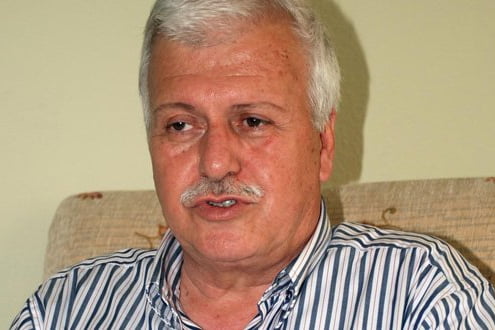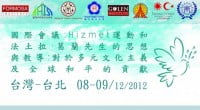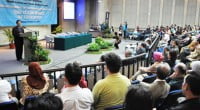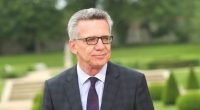Gülen conference in London

Date posted: November 1, 2007
HÜSEYİN GÜLERCE
Though the national agenda is stuck in debates over terrorism and a cross-border operation, I’d like to open a parenthesis and touch upon a historic conference held last week in London.
Forty-nine scholars from various universities around the world addressed an audience during this three-day international academic conference, which kicked off at the British House of Lords and continued at the London School of Economics (LSE) and at the School of Oriental and African Studies (SOAS). The conference was titled “Muslim World in Transition: Contributions of the Gülen Movement.” The majority of scholars who spoke had already visited and explored many schools and dialogue centers all over the world which had adopted the ideals put forward by the Gülen movement. Some of them have even met Fethullah Gülen, a prominent Turkish scholar and religious leader who has stood out for the last 20 years. He strengthened his ideals through interfaith dialogue and education. The impact of these ideals continues to produce effects both in Turkey and abroad. Dialogue, affection, love, compromise, tolerance, volunteerism, enmity toward acts of hostility, universal humanitarian values, sharing, empathy and self-sacrifice are only a few of the ideals put forward by the Gülen movement.
Movements that invite people to benefaction, fair treatment and avoiding bad deeds have encountered obstacles throughout history. This movement of volunteers, termed the “Gülen movement” in short, (I know that Fethullah Gülen is disturbed by the fact that his name is highlighted this much, but this is the name that his movement is recognized by in various circles) is still an issue of debate among certain circles, particularly in Turkey. In this respect, the conference held in London served the purpose of finding a way through terrorist attacks which have recently distressed the whole world.
Let me summarize the speeches delivered by three scholars who addressed the audience:
Professor of inter-religious relations at the University of Derby Paul Weller said: “The uprising terrorism trend in the world may only be treated through ideals put forward by leaders who were personally molded by Islam and who use Islamic terminology, like Fethullah Gülen. Gülen does not classify the world under different categories as most radical Islamic groups do, but extends the scope of his ideology to embrace the whole world. The Gülen movement will turn into a more active group as soon as Turkey adheres to the European Union and in this case, the idea of ‘Anatolian Islam’ he advocates will play an active role in formation of a ‘European Islam’ identity.”
Dr. Shanthikumar Hettiarachchi, a lecturer in religion and conflict at St. Philip’s Centre for Study and Engagement, asserted: “It is inevitable for a synthesis to be formed as a result of the encounter between Islam in Turkey and Islam in South Asia to determine the identity of European Islam. Such a synthesis will give a new spirit to Europe. With the adherence of Turkey to the Union, Muslims will make up one-fifth of the EU population, which currently embraces 27 countries. Then the EU will be in great need of the Gülen movement, which will serve as a bridge between cultures.”
Professor Richard Penaskovic from Auburn University, having touched upon the thesis of the “clash of civilizations” put forward by Samuel Huntington, said: “Fethullah Gülen opposes this thesis with an answer backed by tolerance, interfaith dialogue and affection. Gülen sees peace at the point where Huntington sees conflict. Huntington welcomes despair whereas Gülen welcomes hope.”
Support and tributes carried to those exerting efforts to analyze and solve the problems of humanity will serve the further appreciation of such self-sacrifice. Thus, the benefit obtained through the Gülen conference in London is above all appreciation.
Source: Today's Zaman , November 1, 2007
Tags: Conferences on Gulen | Europe | United Kingdom |
























